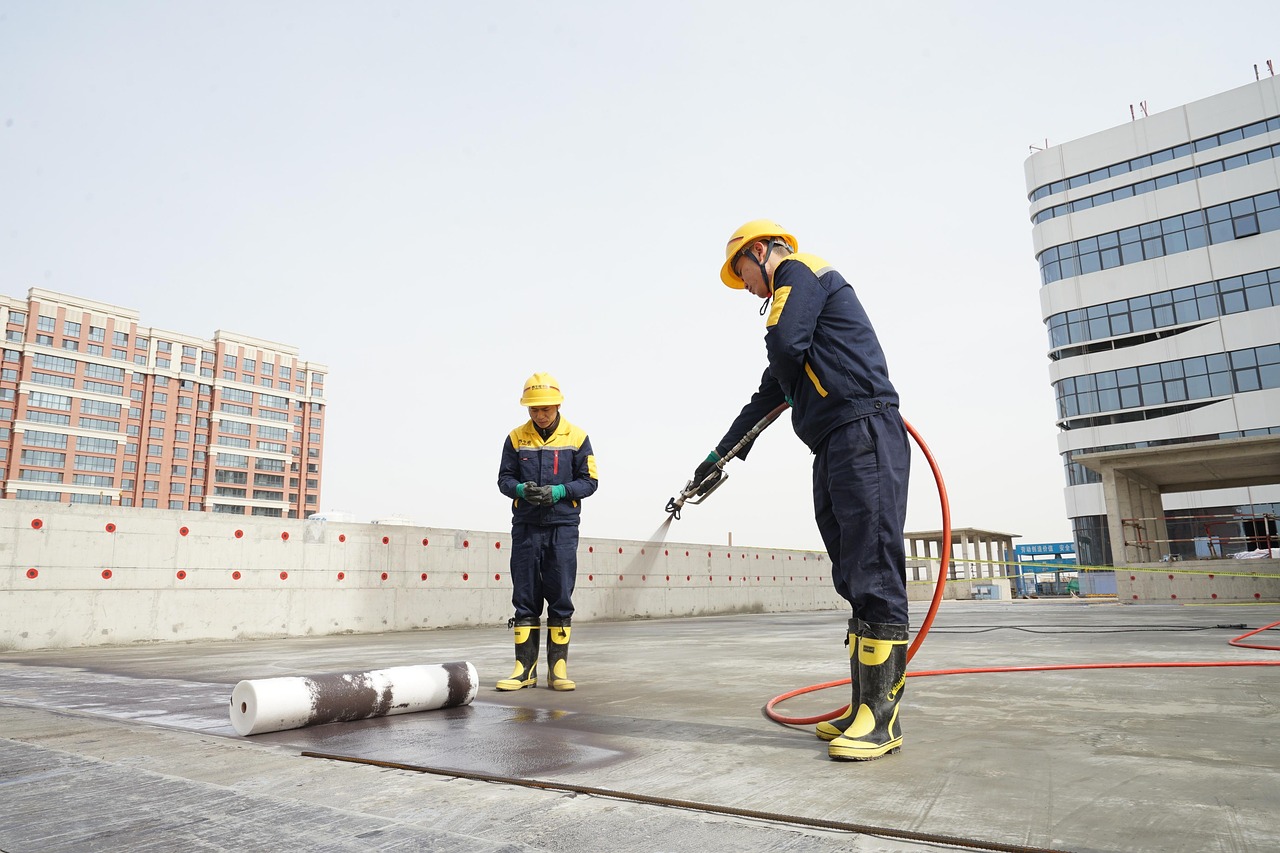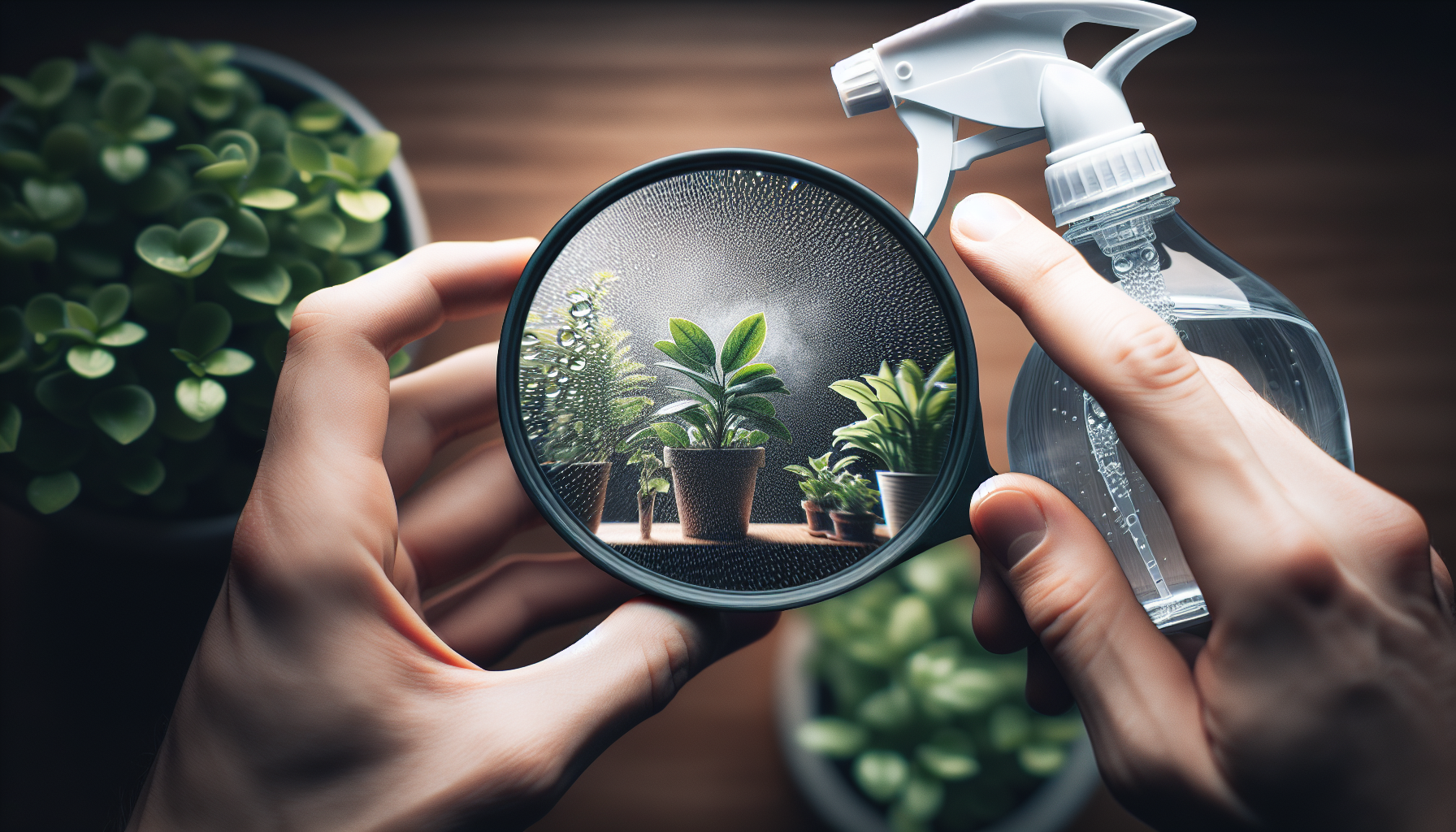Can I Use Tap Water To Mist The Kit?

Introduction
Have you ever wondered if it’s safe to use tap water to mist your plant kits? In this article, we will explore the benefits and drawbacks of using tap water for misting your kit, as well as alternative solutions you can consider.
What is Tap Water?
Tap water is water that comes directly from your faucets at home, and it typically goes through various filtration processes to remove impurities before reaching your home. Tap water is generally safe for drinking and household use, but its suitability for misting your plant kits may vary depending on your location and the quality of your water source.
Benefits of Using Tap Water
Using tap water to mist your plant kits can be a convenient and cost-effective solution, as it’s readily available in most homes. Tap water also contains essential minerals like calcium and magnesium that can benefit your plants when used in moderation. Additionally, tap water is pH-neutral, which means it won’t significantly alter the acidity or alkalinity of your plant’s growing environment.
Drawbacks of Using Tap Water
While tap water may seem like a convenient option for misting your plant kits, it can have some drawbacks that you should be aware of. Tap water may contain trace amounts of chlorine and other chemicals used in the water treatment process, which can potentially harm your plants over time if not properly managed. Additionally, tap water may have a high mineral content in certain areas, leading to mineral buildup in your plant’s soil and affecting its overall health.

Alternatives to Tap Water
If you’re concerned about the quality of your tap water or its potential impact on your plant kits, there are several alternatives you can consider for misting your plants. Rainwater is a natural and chemical-free option that can be collected in a rain barrel and used to mist your plant kits. Distilled water is another alternative that has been purified through a distillation process, removing impurities and minerals that may be present in tap water. Finally, filtered water can be a suitable option for misting your plant kits, as it has been processed to remove contaminants and improve its quality.
Testing Your Tap Water
Before using tap water to mist your plant kits, it’s essential to test the quality of your water to ensure it’s safe for your plants. You can use a water testing kit or take a sample of your tap water to a local lab for analysis. Testing your tap water will help you identify any potential contaminants or issues that may affect your plant’s health and growth.

Managing Tap Water Quality
If you decide to use tap water for misting your plant kits, there are steps you can take to improve its quality and minimize its impact on your plants. Letting your tap water sit for 24 hours before using it can help dissipate any chlorine present in the water, making it safer for your plants. You can also consider using a water filter or purifier to remove impurities and chemicals from your tap water, ensuring it’s safe for misting your plant kits.
Monitoring Your Plants
After misting your plant kits with tap water, it’s essential to monitor your plants for any signs of stress or damage. Watch for wilting leaves, yellowing foliage, or stunted growth, as these may indicate that your plants are not responding well to tap water. If you notice any adverse effects on your plants, consider switching to an alternative misting solution to ensure their health and well-being.

Conclusion
In conclusion, using tap water to mist your plant kits can be a convenient option, but it’s essential to consider the quality of your water source and the potential impact on your plants. By testing your tap water, managing its quality, and monitoring your plants for any signs of distress, you can ensure that your plants thrive and grow in a healthy environment. Consider exploring alternative misting options if tap water is not suitable for your plant kits, and always prioritize the well-being of your plants above all else.

